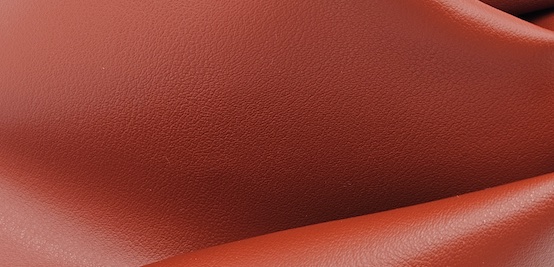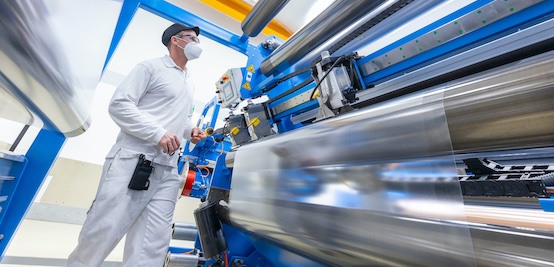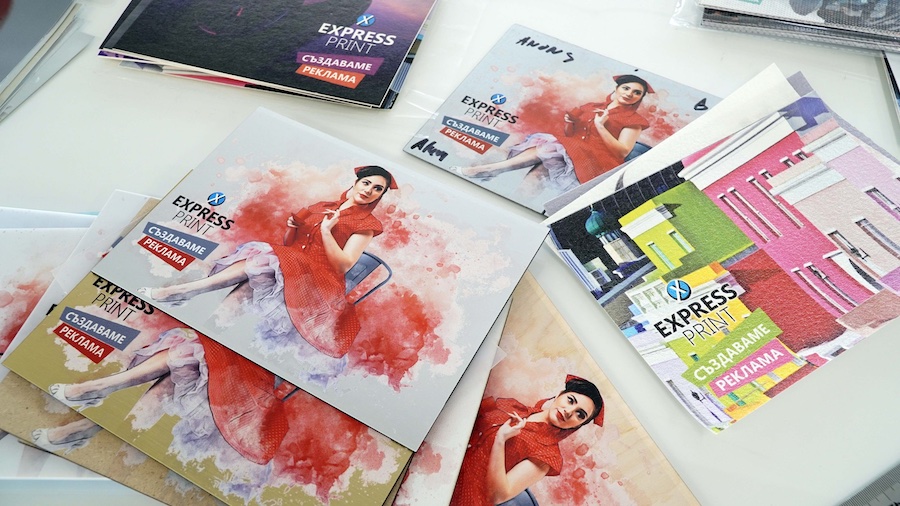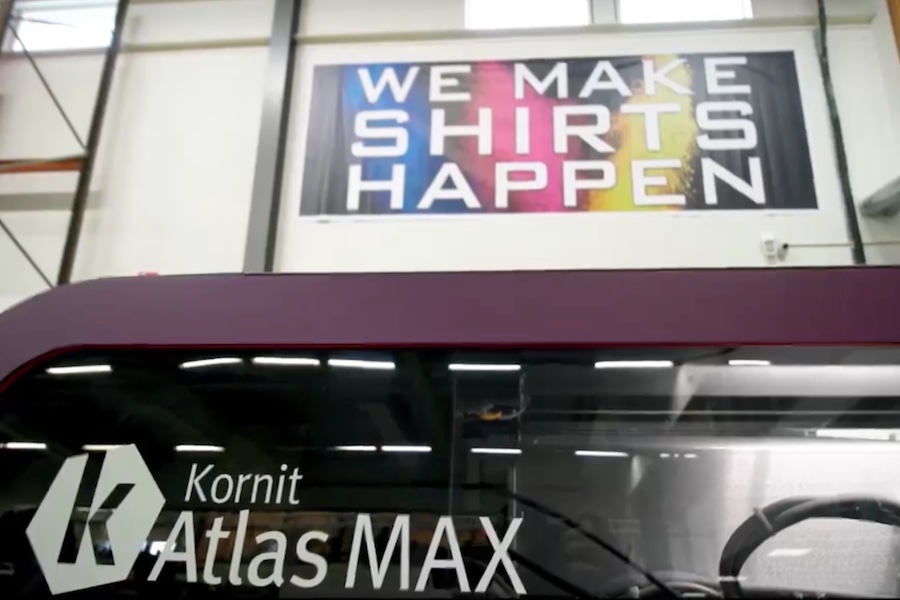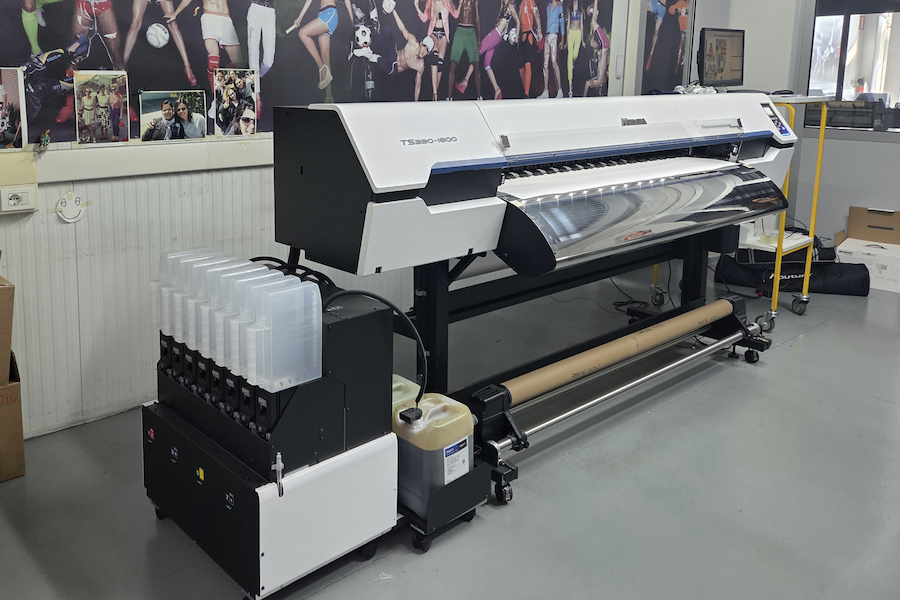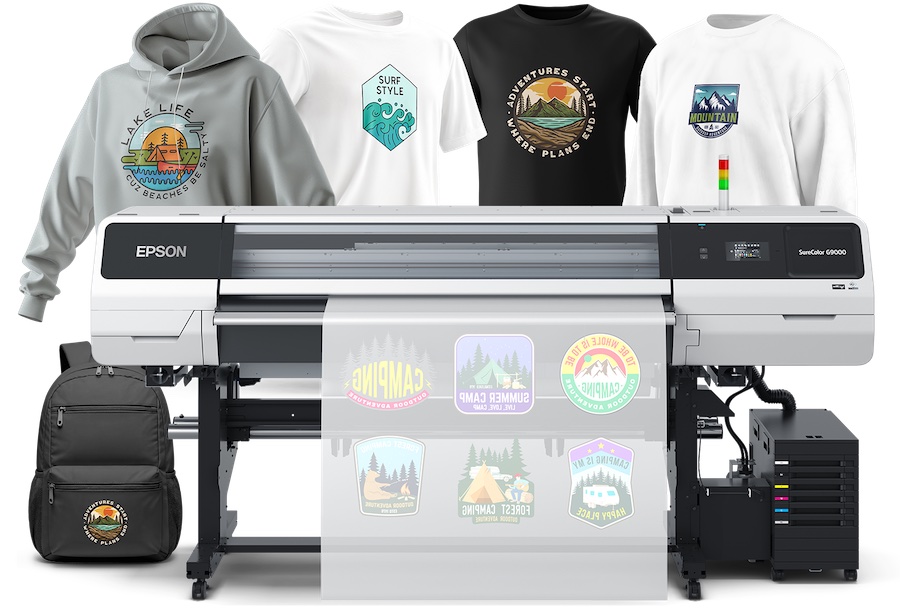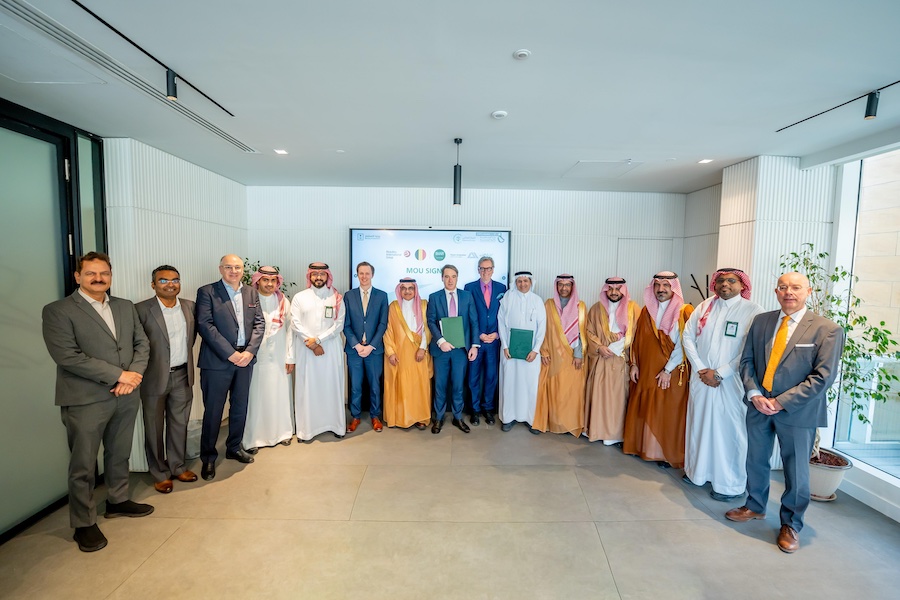#Digital Printing
KRONOS and Covestro demonstrate pigmented ink solutions for more sustainable textile printing
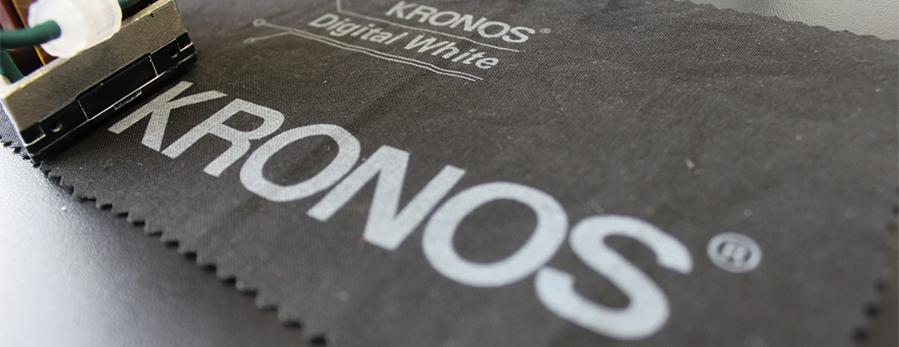
Digital textile printing also enables efficiency benefits such as shorter times to market and single-digit lot sizes produced close to end consumers. These advantages mean the adoption of inkjet printing is growing, but the technology will only reach its potential if it is supported by advanced formulations and carefully selected raw materials, specially designed for digital textile printing. Not all polyurethane binders are suitable.
- Digital inkjet printing technology enables CO2 emission reductions by up to 95 percent
- Remaining challenges are the pigment ink formulation and the threat of sagging in connection with the application
- KRONOS and Covestro confirm the compatibility of their aqueous titanium dioxide pigment concentrate and waterborne polyurethane binders, respectively
- Ink manufacturers can benefit from several advanced formulations for white inks that enable excellent jettability in the process
KRONOS, a leading provider of titanium dioxide pigments, and Covestro, a global leading manufacturer of high-quality polymers, are collaborating to demonstrate how innovative new material solutions can support the uptake of digital inkjet printing on fabrics, advancing the textile industry’s sustainability transition. Following testing by the two raw material suppliers and validation by industry partners, the collaboration successfully demonstrates that Covestro’s waterborne INSQIN® portfolio of Impranil® polyurethane binders and Imprafix® cross-linkers is compatible with the white pigment dispersion KRONOS 9900 Digital White. No significant sedimentation was observed, and all formulations showed good stability even after four weeks of testing at 50°C.
As such, the proven compatibility of the four Covestro binders Impranil® DL 1602, Impranil® DL 1618, Impranil® DL 1620, and Impranil® DL 1623 with KRONOS 9900 Digital White is an exciting development, opening the door to increased uptake of inkjet fabric printing. Together, these ingredients create a suitable formulation for a reliable printing process.
A new state-of-the-art binder tackles sagging
Covestro also developed a new polyurethane dispersion, Impranil® DL 1606, specifically to address the particular problem of sagging – a well-known quality issue resulting from the relatively high ink loads needed for direct-to-foil (DTF) printing, which was identified in the context of the collaboration. This state-of-the-art binder offers excellent anti-sagging properties and enables high white ink loads, making it a winning choice for white pigment inks used in inkjet printing. Its performance in compatibility, stability, printability, and image quality has been validated by Covestro’s innovation partners, meaning textile manufacturers can reap the environmental and efficiency benefits of digital printing with full confidence in a high-quality result.
Dr. Torsten Pohl, Head of Global Textile Coatings, Covestro: "By joining forces with another raw materials supplier, we can address two key pigment ink challenges facing the growing digital inkjet printing market: formulation and sagging. Working together with KRONOS brings us another step closer to a more sustainable textile industry!"
Jürgen Bender, Global Market Development Manager, KRONOS: "Thanks to this collaboration, we’ve ensured that our innovative KRONOS 9900 Digital White aqueous pigment concentrate is compatible with Covestro’s INSQIN® polyurethane binders – ideal for direct-to-foil textile printing. Moreover, the new KRONOS development addresses the need in inkjet applications for highest stability in bottle, drum, printhead, in-flight and on-substrate. Together, we’ve cleared a barrier to the uptake of more sustainable digital printing technologies."




